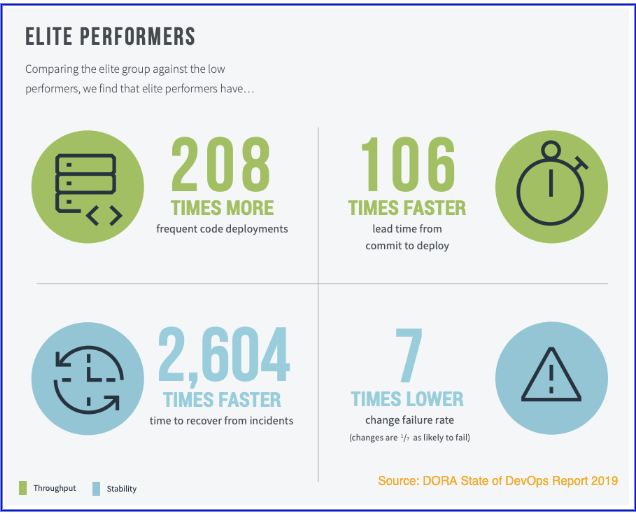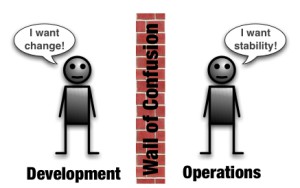NoOps has been wrongfully positioned as the practice that will bring an end to DevOps. This unfortunately is just a hype built on misunderstanding what NoOps truly is.
2009 has a special place in the history of software and technology as it is the year that formally saw the birth of DevOps. In June of that year, John Allspaw and Paul Hammond presented their talk, 10 Deploys a Day: Dev and Ops Cooperation at Flicker, at the O’Reilly Velocity conference. Legend has it that Patrick Debois was not physically present at the talk, however, he did see the recording of the presentation. It was this presentation that inspired him to go and coin the word ‘DevOps,’ by hosting the first DevOpsDays in Ghent Belgium in October that year.
Since then the effects of DevOps have been well recorded throughout academia, talks, blogs, and whitepapers across the industry. The whole goal of the concept was to increase velocity while maintaining stability, and those who adopted the culture successfully saw great benefits in achieving this goal.

Since the birth of DevOps, we have seen break-away concepts spring up including topics such as GitOps, AIOps, and ChatOps. Out of all these ‘Ops’ cultures and practices that have come up, the most misunderstood and controversial one is the topic of NoOps. This is because NoOps is often touted as a replacement for DevOps, some going as far as even saying that No Ops would be the death of DevOps.
This purported notion is repeated in various literature pieces and other resources around the web. However, I argue that this can’t be further than the truth. NoOps is not the death of DevOps, but rather the result of continually applying the right DevOps principles in your development teams or organization. That is what this piece aims to illuminate. Disbanding the myth once and for all.
#cloud #devops #containers #serverless #noops
